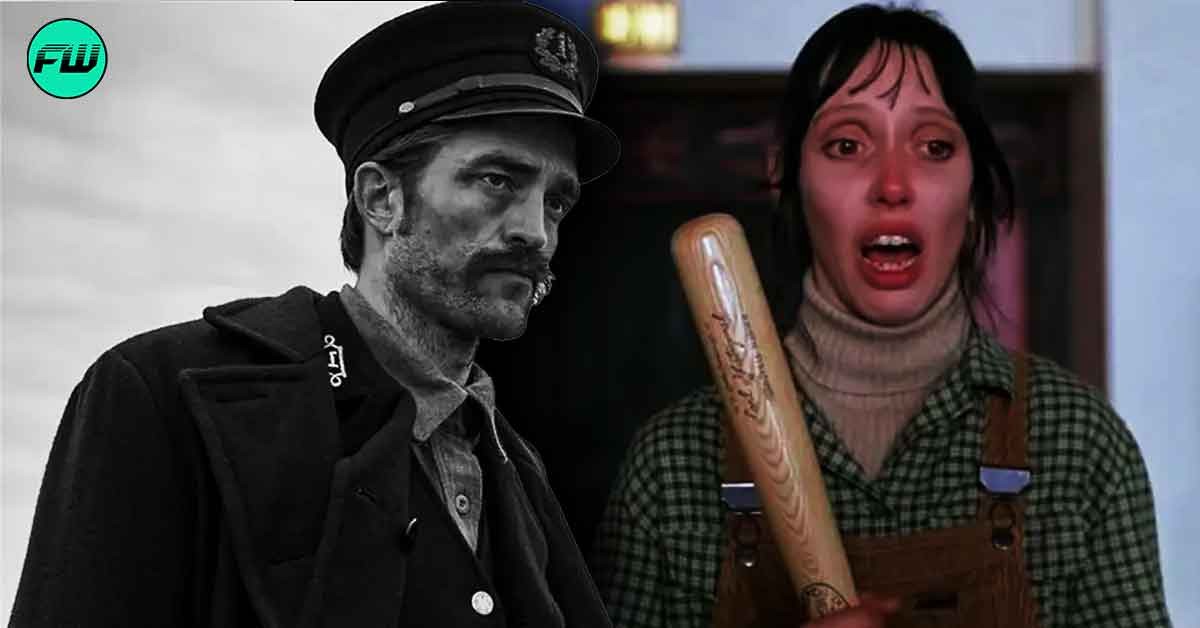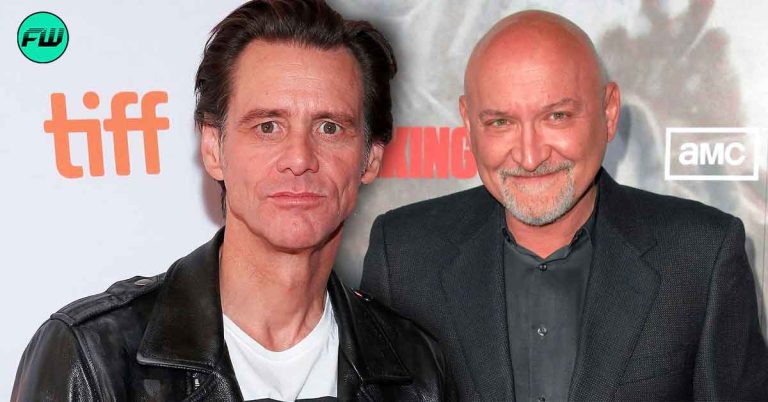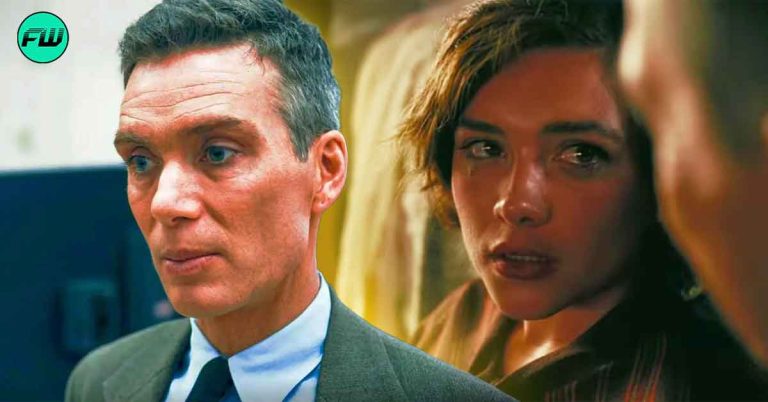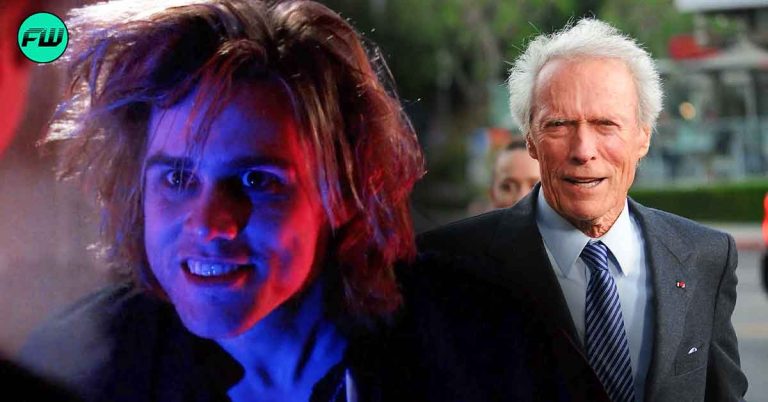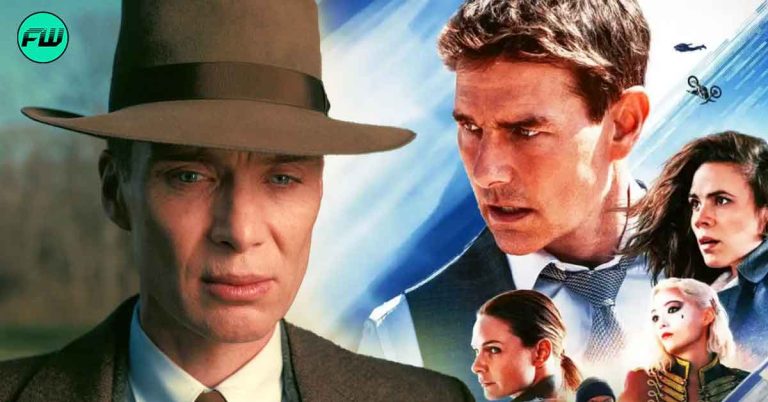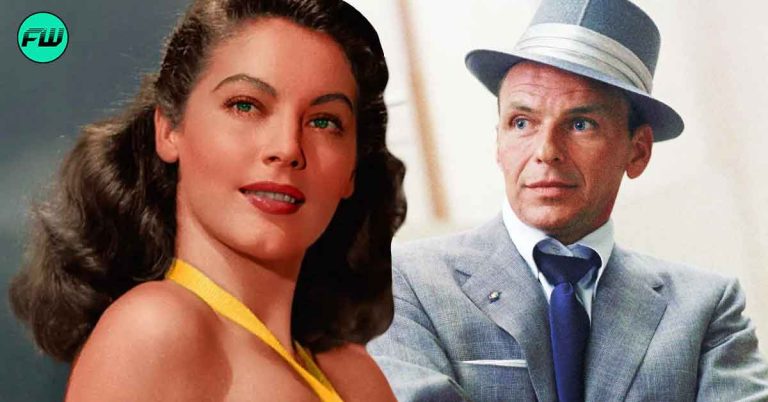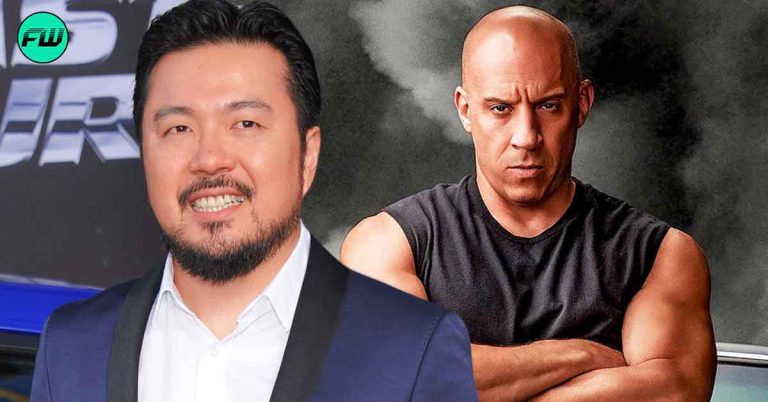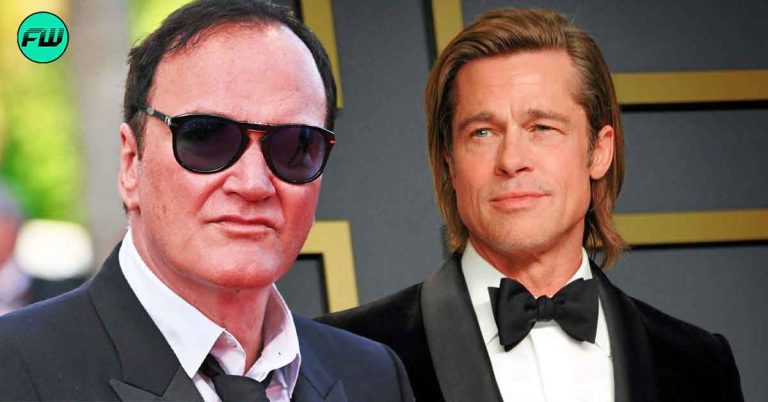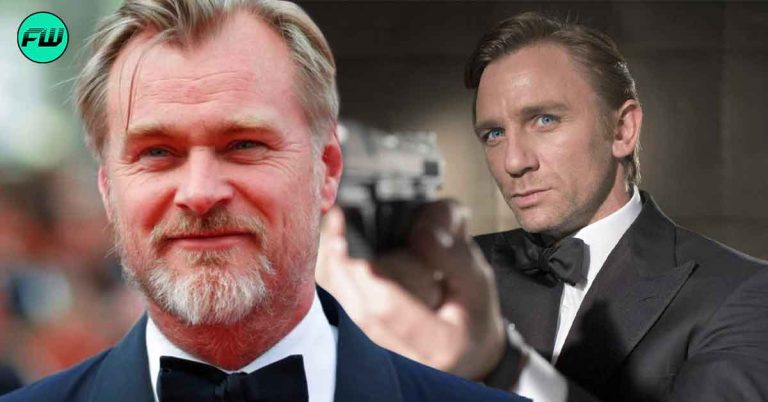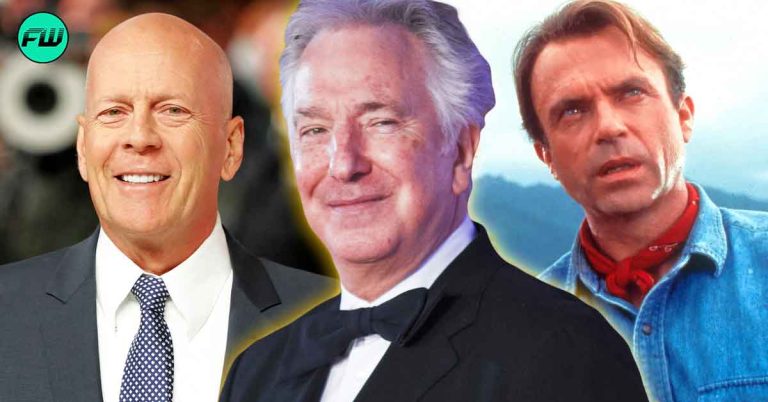From sitting in the traffic and finding yourself suddenly screaming (which in Evan Peters’ case was true) to having a nervous breakdown in the middle of a Hitchcock set, horror films have affected not only the audience residing outside the sphere of action looking in but the partisans of the gore and violence who put themselves through emotionally vulnerable and inextricably dangerous situations to authentically bring these films and shows to life.
Throughout the history of filmmaking, horror has been one of the most powerful media of shock and entertainment where even without the aid of color or speech, the unsettling sound and visuals of fitful terror can leech out of the screens and under the blankets of one’s mental sanity.
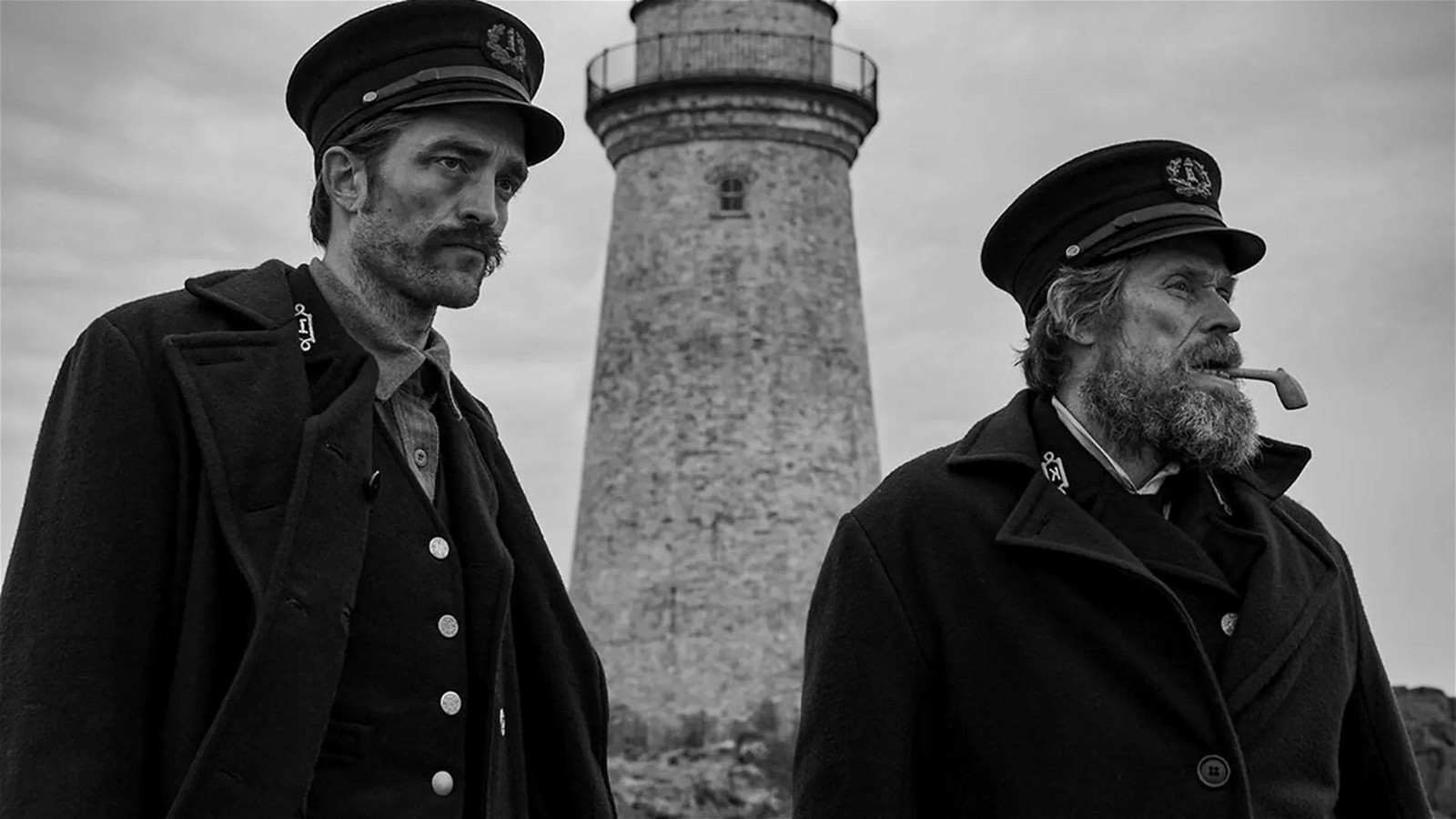
Also read: 12 Horror Movies That Deserved Oscars
From Nosferatu (1922) to The Haunting (1963) to more modern psychological hallucinogenic masterpieces like The Lighthouse (2019), the genre – one of the oldest and most constant in the realm of cinema – has rarely ever disappointed its audience. But when it comes to the actors themselves, here are 5 projects that have left a lasting and damaging impression on the leading cast of the films.
5. Black Swan (2010)
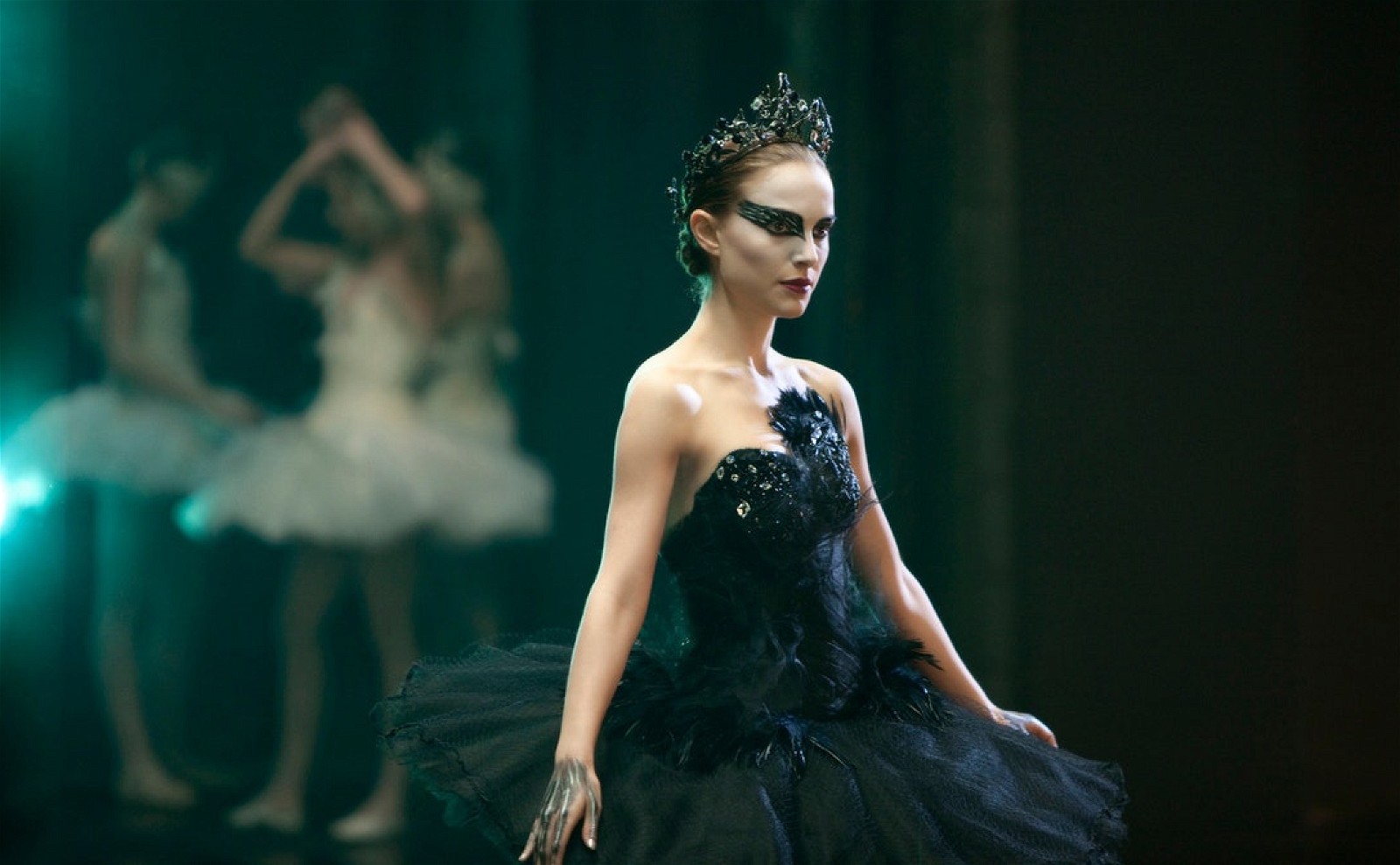
Known for its brilliantly paced and intermittently unraveling horror, Darren Aronofsky’s Oscar-winning drama, Black Swan starring Natalie Portman stuns the auteurs of the genre with its narrative technique. The movie has become powerful over the years because of the subtlety of its terror and its ability to evoke such trauma through the medium of art, talent, and beauty.
Speaking of her role in the film, the Oscar-winning actress claimed, “There were some nights that I thought I literally was going to die.” And although needless to say that a reaction of this sort isn’t natural or even healthy, the film that is born in the process is a masterpiece that is irrefutable in its horrific perfection.
4. Hereditary (2018)
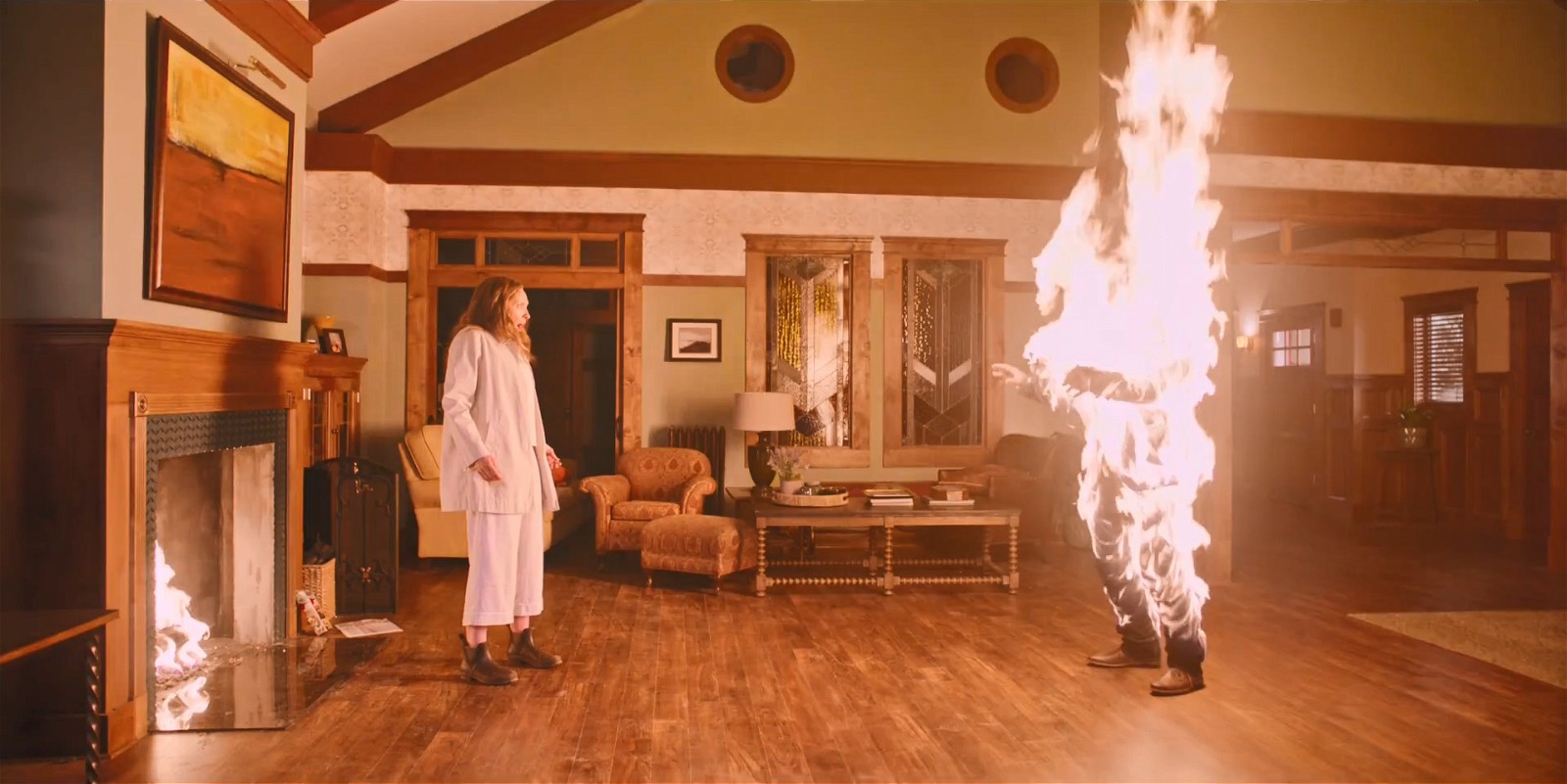
Alex Wolff, who starred in Ari Aster’s directorial debut feature Hereditary, has gone on record claiming how damaging the 2018 movie had been in the aftermath of its filming. In an interview with Vice, the young actor recalled:
“When I started talking about it, all these flashes with all this disturbing shit I went through sort of came back in a flood. It kept me up at night, to where I got into a habit of emotional masochism to the point of just trying to take in every negative feeling I could draw from. I forced it upon myself rather than the opposite of what you’d usually do in life […] I don’t think you can go through something like this and not have some sort of PTSD afterward.”
With Toni Collette leading the expert cast right up to the end of the bloody and gory horror fest, the film established Aster’s dominance over the particular genre that derives its inspiration from classics like Poltergeist (1982) and Rosemary’s Baby (1968).
3. The Shining (1980)
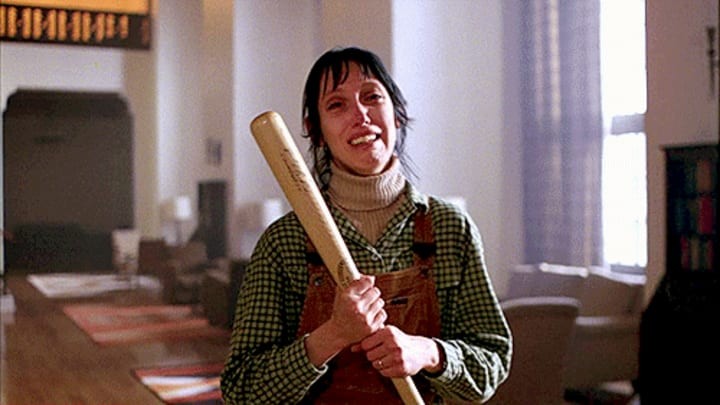
Stanley Kubrick’s fascination with the deeply troubled psyche of mankind is the foundation upon which his movies stand. And one of the most famous examples of that philosophy is his work on A Clockwork Orange. However, it is his adaptation of Stephen King’s The Shining that has become one of the most referenced films in popular culture.
Speaking of her role in the movie, Shelley Duvall, who plays the wife of Jack Nicholson’s infamous axe-wielding character, claimed the isolation while filming got so intense that it was “almost unbearable.” Duvall also admitted to being “really in and out of ill health because the stress of the role was so great.” Her co-star, Nicholson, later revealed in Stanley Kubrick: A Life in Pictures – “He can do some pretty cruel things when you’re filming” – which is putting it mildly considering how he made Duvall film the baseball bat scene 127 times.
2. Psycho (1960)
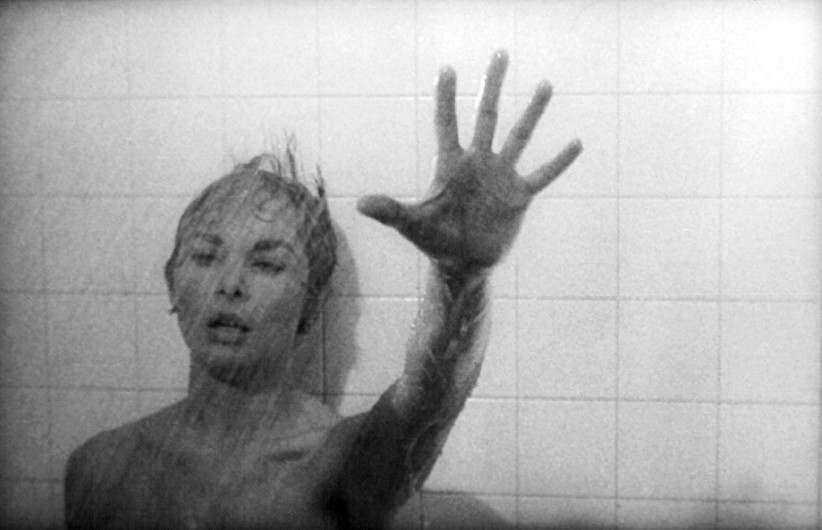
What list can ever be complete without a Hitchcock entry? Despite his countless contribution to horror thrillers in cinema, Psycho by far takes the cake for the most notable of his works. While filming the iconic shower scene in the 1960 film, actress Janet Leigh was left so traumatized that she never fully got over the feeling for the rest of her life. Leigh claimed her fears got so magnified in the years after that she had to take extreme precautions while in the shower:
“I make sure the doors and windows of the house are locked. I also leave the bathroom door open and shower curtain open. I’m always facing the door, watching, no matter where the showerhead is.”
In the years since its premiere, Psycho has been reproduced several times through the decades and remade in various adaptations, the most famous of them being Christian Bale’s 2000 film, American Psycho.
1. Midsommar (2019)
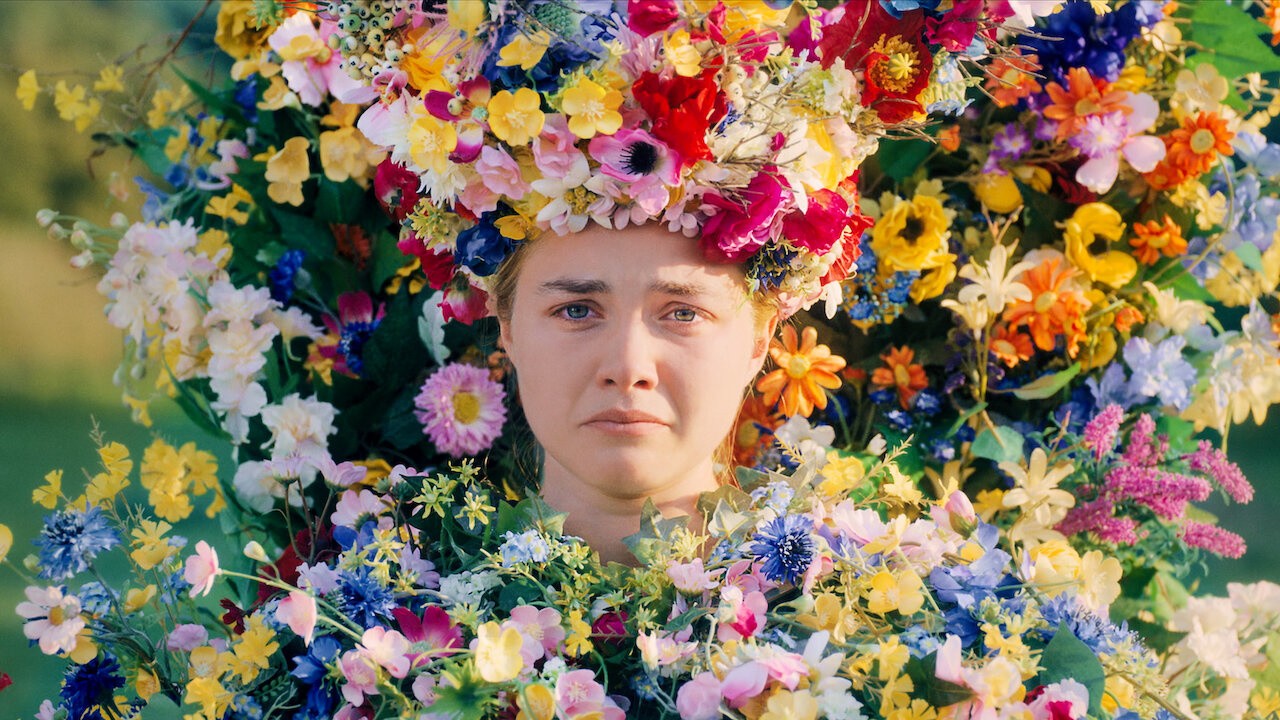
The film that established Florence Pugh in the center of the Hollywood biosphere is also the one that left her severely distraught. As revealed by her co-star, Jack Reynor, the actress who was just 22 at the time of filming, experienced the horror of “living in the pain and trauma of this character for such a long time” that she suffered actual “emotional and physical damage” after wrapping up her part.
Jack Reynor, for his part, was so blatantly traumatized that he felt a “psychological toll making this film for sure.” During the shoot itself, Reynor’s experience was similarly unraveling, as the actor revealed:
“There are not many examples in contemporary cinema or in the history of cinema where it’s a male character who is exposed in such a humiliating way, and certainly in a sexual context, too, and suffers this kind of fate […] It was nerve-racking, and it did feel very expositional. It made me feel more vulnerable than I anticipated I would feel.”
Later in an interview with Collider, the actor stated the lasting impact the film left on him because of his character’s excruciating death scene:
“It’s dark and it’s unsettling to watch all these people around you basically making it look like they’re going to kill you in a horrific way. There’s nothing you can do and you’re paralyzed, you know? People don’t even think about it. I think a lot of people just think, Oh, it’s just a movie. You’re just going to do it. It’s not real. … It’s fucking real when you’re there.”
Ari Aster, the mad genius of psychological horror, possesses a power unwarranted and unnecessary in the already horrific society of today. With each film more traumatic than the other, it is no wonder that he leaves his audience severely in need of therapy after sitting through one of his premieres. And if the viewers can be so thoroughly affected by the unraveling horror of his creation, one can only imagine what the cast must have gone through over the course of filming.

